1. The Thrill of Sneaking Around
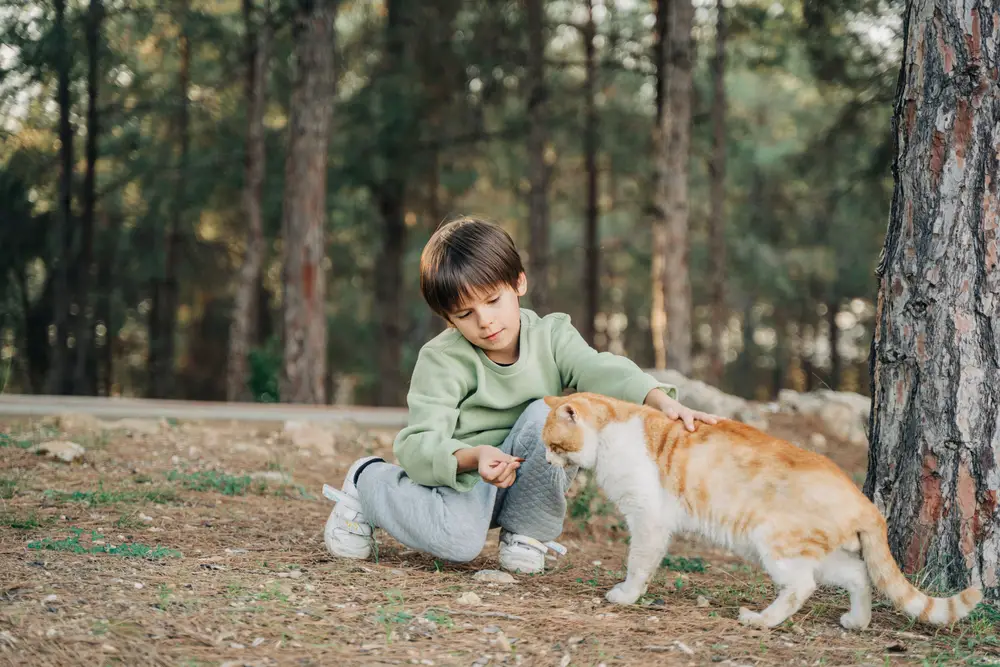
Feeding stray cats as a kid always felt like some kind of top-secret mission. You had to be quiet, quick, and careful, as if the fate of the world depended on that one can of tuna. Every step toward the spot where the cats waited felt like you were dodging invisible security lasers. If your parents or nosy neighbors caught you, you’d have to come up with a clever excuse—or worse, endure a lecture about “not feeding strays.” The stakes felt high, which only made it more exciting.
Even the simplest things, like carrying food in a hidden container or whispering to the cats so no one else would hear, made it feel like a covert operation. The sense of adventure added an extra layer of excitement to your everyday routine. It wasn’t just about feeding the cats—it was about outsmarting the system, proving your loyalty to your furry allies. And if you managed to pull it off undetected? Victory! It was a rush, a sense of accomplishment that only those who’ve fed strays in secret truly understand.
2. The Bond with Your Furry “Clients”
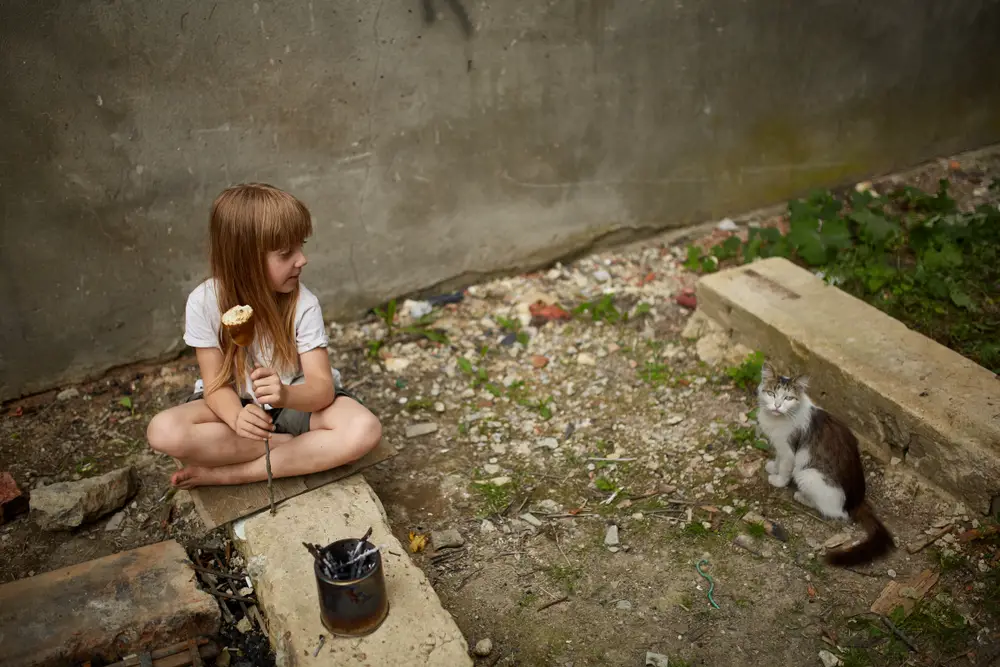
Every stray cat had its own personality, and you got to know them like secret agents studying their targets. There was the shy one who needed coaxing, the bold one who acted like they owned the street, and the curious kitten who always peeked from behind a fence. Learning their habits, preferences, and trust levels made you feel like part of their world. You weren’t just a random human; you were their trusted food supplier, their ally in the shadows.
Over time, you started recognizing their little quirks. Maybe one cat only liked wet food, while another was satisfied with scraps from dinner. You learned to tell who was having a good day and who was a little more cautious than usual. That sense of connection made every successful feeding mission even more rewarding. It wasn’t just about leaving food—it was about gaining their trust, knowing they saw you as a friend. And that, in itself, felt like an honor.
3. The Fear of Getting Caught
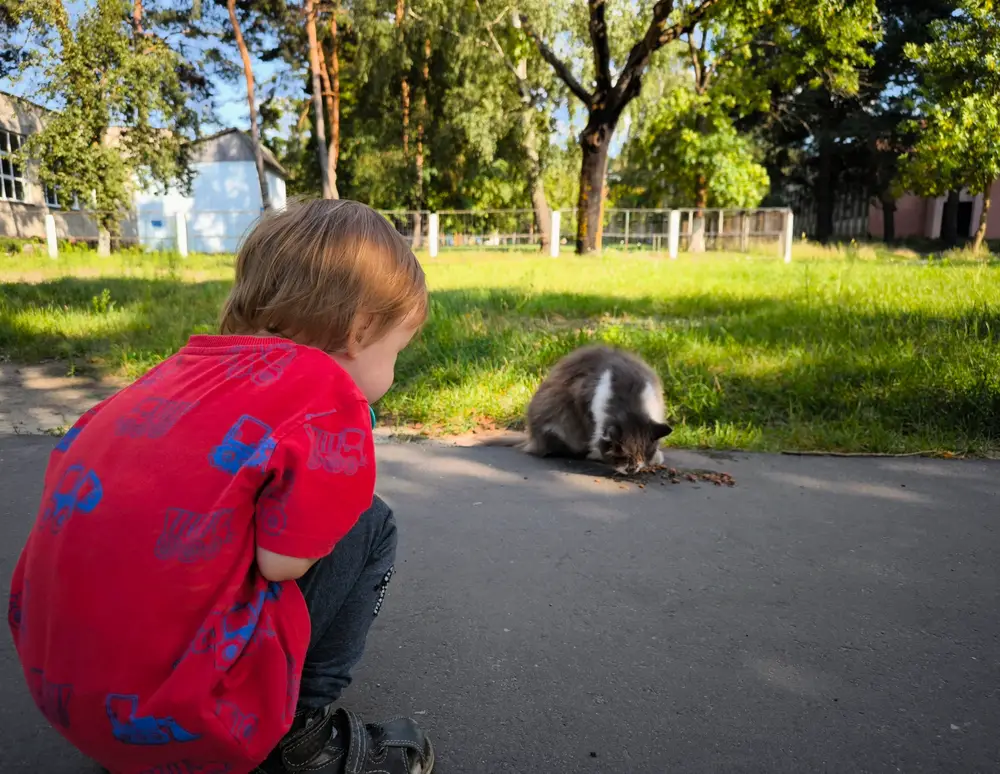
No matter how harmless it seemed, feeding stray cats often came with the risk of getting caught. Maybe your parents told you not to, fearing the cats would keep coming back or cause trouble. Maybe a strict neighbor thought stray animals were a nuisance and would yell if they caught you sneaking food. Whatever the case, every feeding session had an added layer of suspense. The rustling of a plastic bag or the clinking of a can opener felt like the loudest sound in the world when you were trying to be discreet.
You’d constantly check over your shoulder, listening for footsteps, ready to scatter if necessary. The cats, of course, had no concept of your top-secret operation—they just wanted food. But you? You were living on the edge, making sure to time your missions perfectly. It felt exhilarating, like you were outwitting the authorities for a noble cause. And if you ever did get caught? You’d have to either deny everything or give the most heartfelt plea for mercy.
4. The Struggle of Finding the Right Food
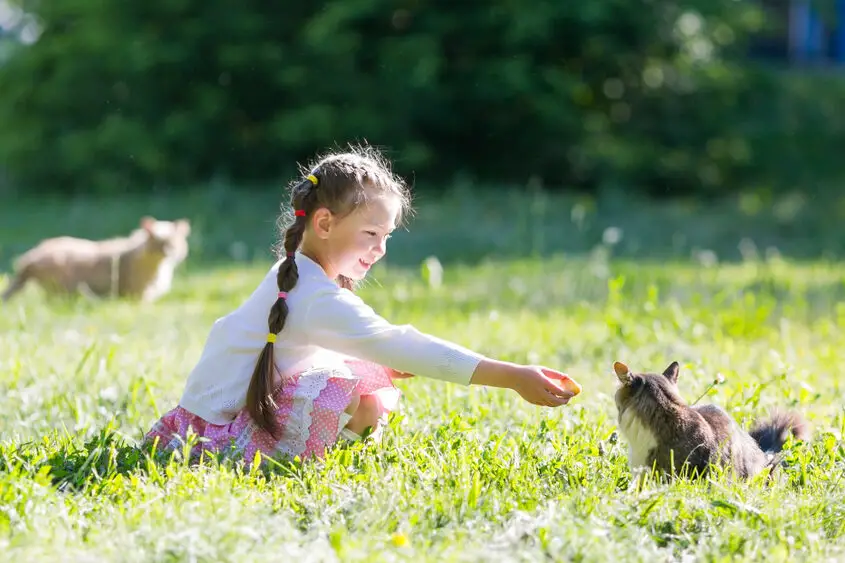
You didn’t always have access to a proper can of cat food, which meant you had to get creative. Leftover chicken? That might work. A slice of bread? Worth a shot. Sometimes you had to raid the fridge, sneak a piece of fish from dinner, or convince your family that you were really, really hungry just to get extra food to “share.” It was all part of the challenge—feeding the cats without raising suspicion.
And then came the disappointment when a cat turned up its nose at your offering. You tried so hard to bring them something good, and they rejected it with a flick of their tail. It made you determined to do better next time, to figure out what they really liked. Sometimes, you’d even save up your allowance to buy actual cat food, feeling like the ultimate hero when you finally presented a feast fit for a feline king. No one told you how much thought went into feeding strays, but you learned quickly.
5. Naming the Cats Like Secret Agents
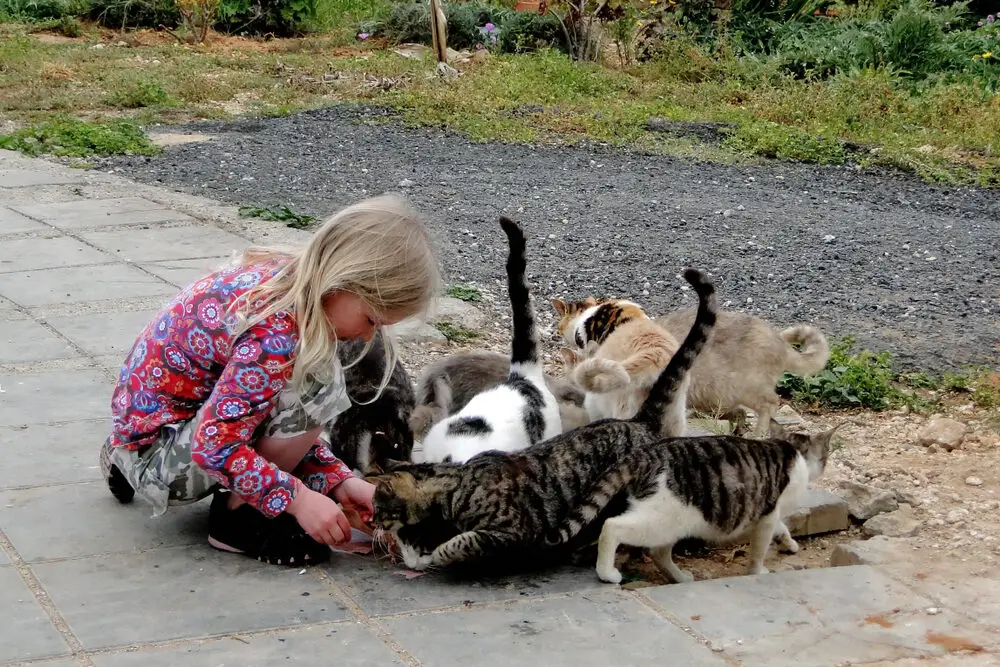
Every stray needed a name, and you took that job very seriously. Maybe there was a scruffy-looking one you called Shadow because it always lurked in the alley. Or a bold orange cat that became Tiger because it strutted around like it owned the world. Naming them made it feel like you were in charge of a secret cat spy network, keeping track of each agent’s movements and behavior.
Some names were simple, based on colors or markings, while others were more dramatic. You might have even given them full titles—like Sir Whiskers the Brave or Queen Midnight of the Back Fence. The moment you named them, they became part of your world, part of your story. You weren’t just feeding random animals; you were looking after characters in an unfolding adventure. And when a cat disappeared for a while, you’d wonder where your little agent had gone, hoping they’d turn up for the next mission.
6. The Joy of Seeing Them Waiting for You
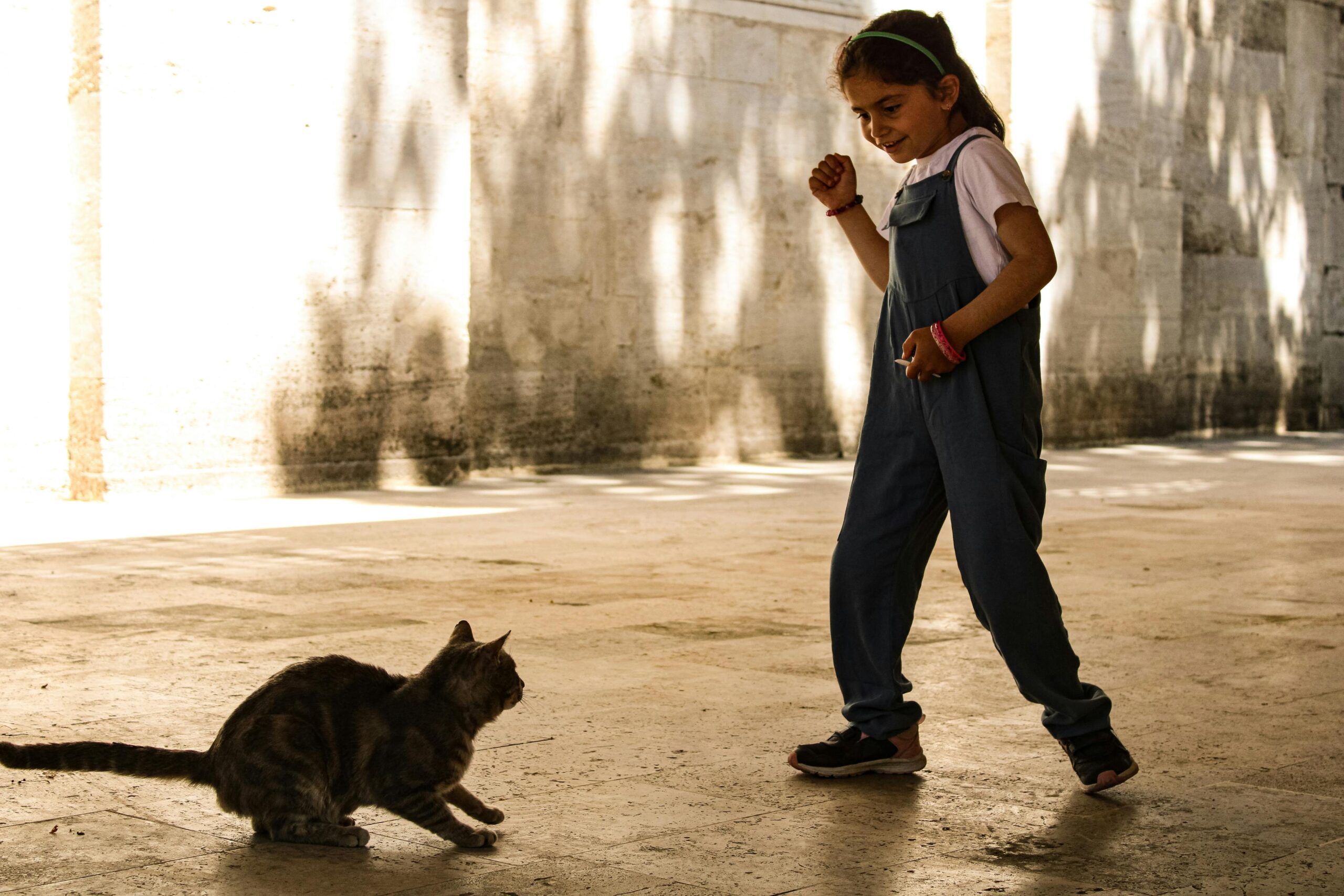
There was nothing more rewarding than seeing a stray cat recognize you from a distance and come trotting over. It felt like you had your own little squad, a secret society of whiskered members who knew you were their ally. Some would wait in their usual hiding spots, peeking out the moment they heard your footsteps. Others might follow you home, their tails flicking in anticipation. That moment of recognition—the slow blink, the eager meow—made all the sneaking around completely worth it.
Knowing that your efforts made a difference in their lives filled you with pride. You weren’t just some random passerby; you were their trusted food supplier, their safe human. Even if they were too cautious to let you touch them, their presence alone was a sign of trust. Every time you saw them, you’d feel a little thrill of excitement, like meeting an old friend who only spoke in purrs and tail flicks. And when they actually let you get close? It felt like winning a tiny, silent victory.
7. The Disappointment When They Disappeared

As much as feeding stray cats felt like a mission, there were heartbreaking moments, too. Sometimes, a cat you’d fed for weeks would suddenly stop showing up, and you’d worry about what had happened. You’d look around, hoping they were just late, convincing yourself they were fine. Maybe they found a new spot with better food. Maybe someone else took them in. But deep down, there was always that fear that something bad had happened.
Not knowing was the hardest part. Unlike pets, stray cats lived unpredictable lives, facing dangers like traffic, bad weather, and unfriendly humans. Every time one of your regulars vanished, you’d feel a pang of sadness, wondering if they were okay. You’d scan the streets, call out their name (even if they never responded), and leave food just in case they came back. And when one did return after days or weeks? That moment of relief was like reuniting with an old friend.
8. The Secret Stash of Cat Food
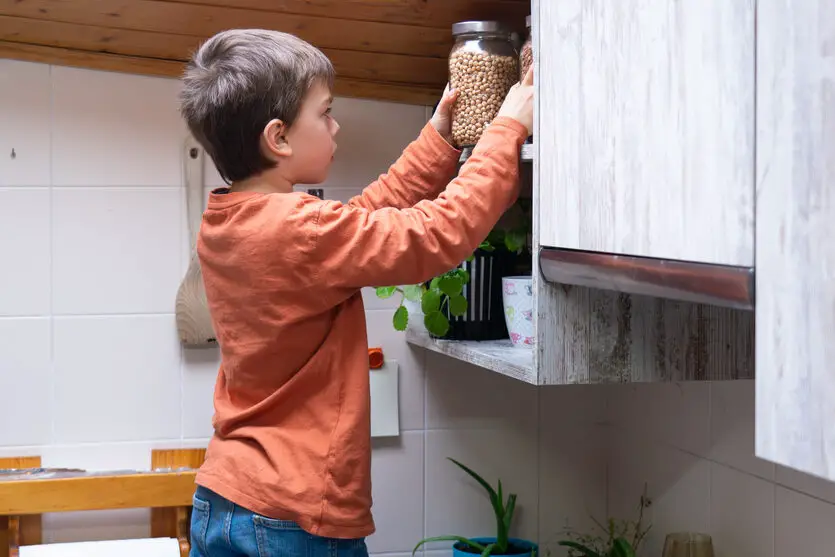
At some point, you probably had a secret stash of food just for the cats. Maybe it was a hidden can of tuna in your backpack or a bag of dry food tucked away in your closet. It was like carrying classified supplies for a special mission—because, let’s be honest, it was a special mission. You had to be prepared in case you ran into a hungry feline unexpectedly. After all, what kind of agent would you be if you weren’t always ready?
The tricky part was keeping it hidden from parents or siblings who didn’t understand your dedication. If they found out, they’d either scold you for feeding strays or, even worse, take away your supplies. That’s why you got creative—maybe you stuffed snacks in an old lunchbox or repurposed a cookie tin. The feeling of having an emergency supply, ready to go at a moment’s notice, made you feel like the ultimate hero. You weren’t just a kid—you were a guardian of the streets.
9. The Guilt of Not Being Able to Help Them All
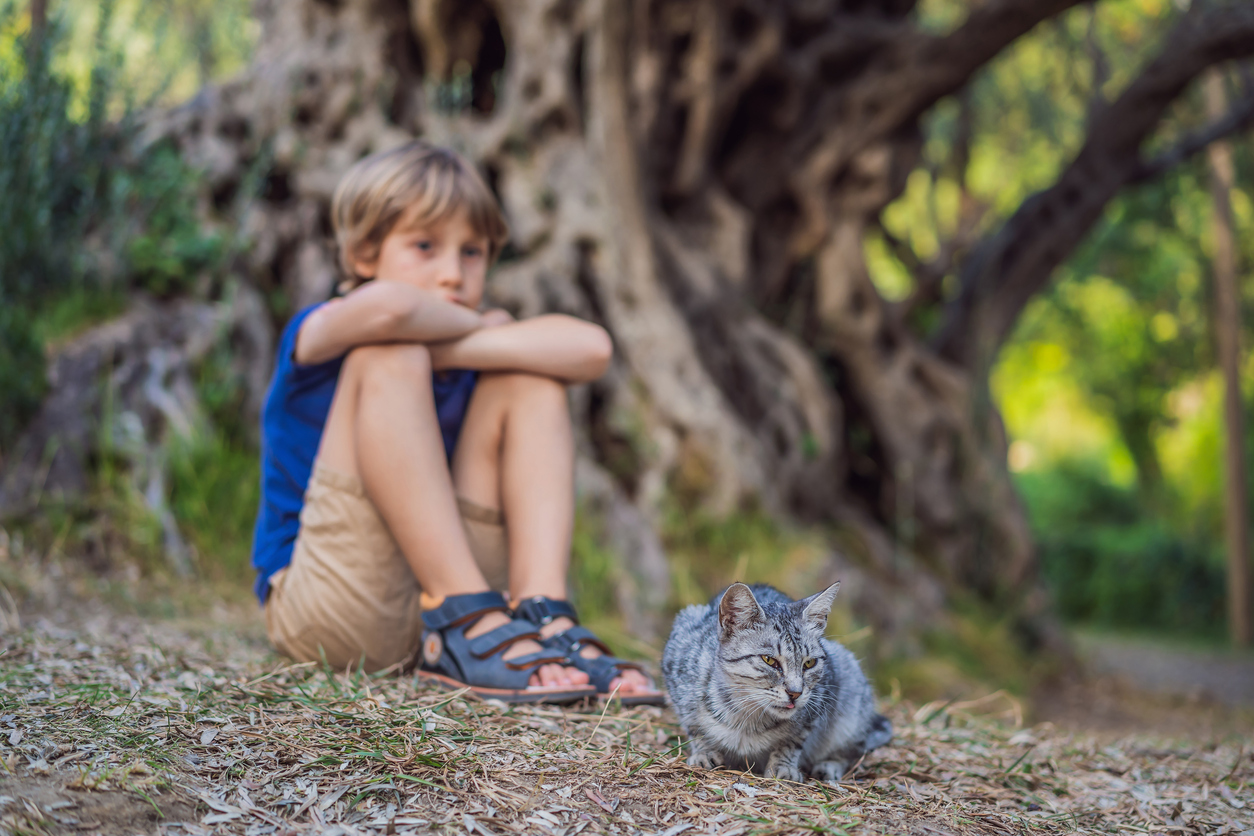
For every cat you managed to feed, there was always another one you couldn’t reach. Maybe you spotted a skinny cat across the street but didn’t have any food left. Or maybe you saw a kitten who looked sick but had no way of helping. The feeling of helplessness could be overwhelming, like you were failing at your mission. You wanted to save them all, but you were just one person with limited resources.
Sometimes, you’d try to stretch what little you had, dividing one meal between multiple cats. Other times, you’d try to remember where you saw a hungry cat so you could return later with something to offer. It was a constant battle between wanting to do more and knowing you couldn’t fix everything. But even in those moments of guilt, you reminded yourself that every little bit counted. Even if you couldn’t help all the strays, you were making a difference for some—and that still mattered.
10. The Feeling of Being Part of Something Bigger

What started as a small, secret mission turned into something much more meaningful. Feeding stray cats wasn’t just about sneaking around or finding clever ways to smuggle food—it was about kindness, responsibility, and connection. You weren’t just helping animals; you were learning compassion in its purest form. And that feeling stayed with you long after childhood.
Looking back, you realize that those late-night missions and whispered “here, kitty” calls shaped who you are today. You learned patience when waiting for a timid cat to trust you. You learned problem-solving when figuring out how to get food without getting caught. And, most importantly, you learned that small acts of kindness—no matter how secretive—can make a real difference. Feeding stray cats may have started as an undercover operation, but it ended up being one of the most heartwarming adventures of your childhood.


